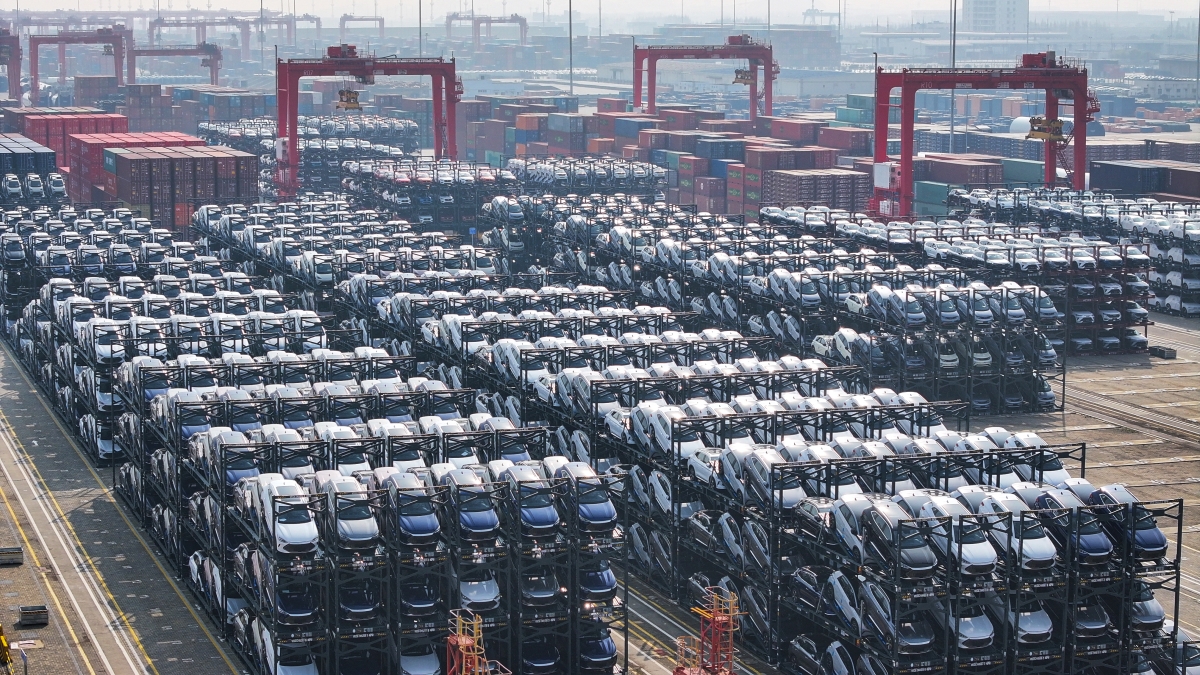How Will the Next U.S. President Tackle the China Economic Challenge?
The Diplomat

The following is an excerpt from Wendy Cutler's op-ed in The Diplomat. Wendy is Vice President at the Asia Society Policy Institute (ASPI) and the Managing Director of the Washington, D.C. office.
Upon taking office in January 2021, many observers and analysts expected U.S. President Joe Biden and his administration to reverse course from the hardline China economic and trade policies put in place under his predecessor, Donald Trump. As the 2020 election neared, concerns about the negative impacts of the tariffs imposed on U.S. imports from China under Trump on U.S. businesses, consumers, and workers were growing. This was coupled with a rising fear that by “going it alone,” the United States was alienating its allies and partners, and forfeiting the opportunity to pursue common cause vis-a-vis China.
These expectations did not materialize. Three years later, many of the same folks have concluded that the Biden administration’s China economic and trade agenda looks very similar to the Trump policies. They argue that with the Trump tariffs remaining intact, and national security interests increasingly overriding economic considerations, it’s hard to discern major differences between the policies of the two administrations.
Drawing such a conclusion is misplaced, however. While there are important similarities between the Biden and Trump approaches to China, resulting in continuity in certain policies, there are stark and meaningful differences too. These differences are likely to become increasingly apparent during the 2024 presidential election campaign – as Biden and Trump are set for a rematch – and beyond.
In many respects, the tenets of Biden’s economic policy toward China echo Trump’s. Both administrations view China as an unfair trading partner that deploys excessive and distortive state support and subsidization to propel its industries up the value chain while protecting them from foreign competition. This has not only led to the loss of U.S. manufacturing jobs, but has paved the way for Chinese companies to become world-class leaders in a range of industries, including electric vehicles, batteries, artificial intelligence, and clean energy.

